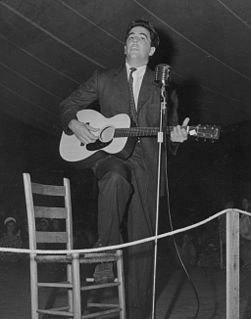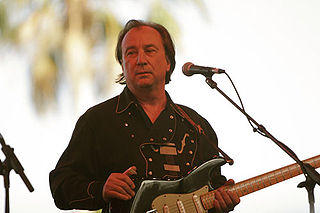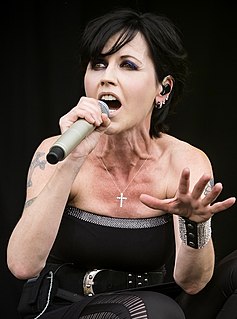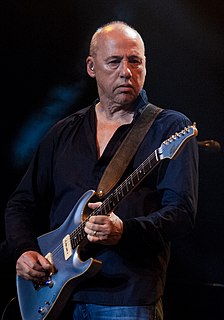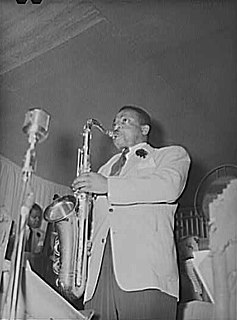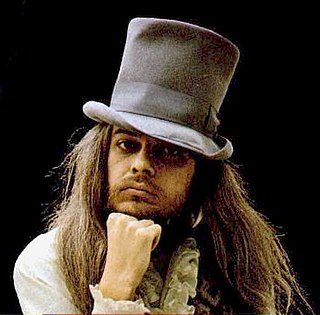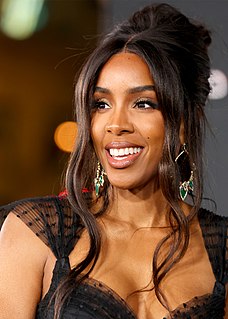A Quote by Alan Lomax
I knew Bobby Dylan back in the days when he lived in the village. He used to come and see me and sing songs for me, saying they ought to go into my next collected book on American folk music.
Related Quotes
I lived in a small village outside the city and grew up in a large family, so my world was very much centred around that. I used to sing in the local church, and I would also occasionally sing in the local pubs for which I used to get a few bob. That, for me, was the start of my interest in music, which has obviously expanded since then.
He [Alan Lomax] started right off trying to find people who could introduce folk songs to city people. He found a young actor named Burl Ives and said, "Burl, you know a lot of great country songs learned from your grandmother, don't you know people would love to hear them?" He put on radio programs. He persuaded CBS to dedicate "The School of the Air" for one year to American folk music. He'd get some old sailor to sing an old sea shanty with a cracked voice. Then he'd get me to sing it with my banjo.
I've always loved the songs of the sea. I was first introduced to them back in 1957, at the Old Town School of Folk Music. I used to go to Pete Seeger concerts, and he would do songs like 'Ruben Ranzo' and talk about how the sailors sang songs to do their work - to raise the anchors, pull up the sails and that sort of thing.
I used to live at the Cecil Hotel, which was next door to Minton's [Playhouse]. We used to jam just about every night when we were off. Lester [Young], Don Byas and myself - we would meet there all the time and like, exchange ideas. It wasn't a battle, or anything. We were all friends. Most of the guys around then knew where I lived. If someone came in Minton's and started to play - well, they'd give me a ring, or come up and call me down. Either I'd take my horn down, or I'd go down and listen. Those were good days. Had a lot of fun then.
A brilliant 1989 album, Oh Mercy; some career retrospectives; and two albums of American folk songs, with just Bob Dylan and his guitar and harmonica. All that culminated in the Grammy-winning comeback album, Time Out of Mind (1997). Once again, just as Dylan seemed to be out of it, he was back at the top of his game.
My favorite Bob Dylan record is the very first one where he sings one Bob Dylan song and the rest of them are his interpretations of the Dust Bowl-era folk songs, or even going back as far as the mass influx of people coming into the U.S. during the gold rush. His interpretations of those songs are incredible.
I do sing in the car. I actually sing Britney Spears songs in the car - me and a close friend of mine. She lives in West Palm and I live in Miami, and when we're going back and forth to see each other, we sing: 'Oh, Baby Baby.' We sing all these 1990s songs. We're like two 14-year-old kids just having a good time.
